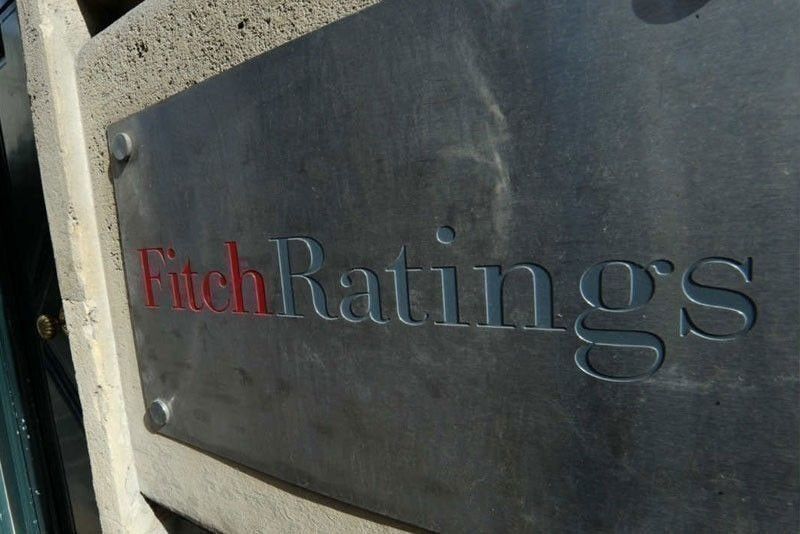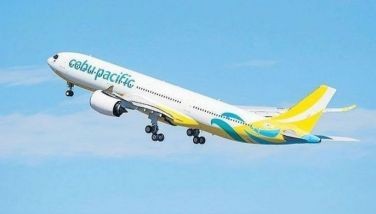Fitch unit lauds Southeast Asia payments interoperability

MANILA, Philippines — A full payments interoperability in Southeast Asia by as early as November will allow easier transactions for travelers within the region, according to Fitch Solutions Risk and Industry Research.
In a quick view titled “Southeast Asia Countries Link QR Code Payments, Improves Payments Interoperability,” the unit of the Fitch Group said the decision of the Bangko Sentral ng Pilipinas (BSP) to partner with the Monetary Authority of Singapore would facilitate interoperable payments between the two countries as well as provide immediate and low-cost cross-border payments.
Currently, Malaysia, Indonesia and Thailand are interconnected and have enabled cross-border payments via QR codes, while Singapore and Malaysia have a pre-signed deal to link PayNow and DuitNow by the end of 2022.
Likewise, the Monetary Authority of Singapore and the Bank of Thailand launched the linkage of Singapore’s PayNow and Thailand’s PromptPay real-time retail payment systems in April last year, enabling customers to transfer funds across the two countries with a mobile number.
“With many Southeast Asian markets easing their travel entry requirements after the COVID-19 pandemic, we believe that the introduction of cross-border payments via QR codes will be a timely and beneficial one to economies,” Fitch Solutions said.
For one, the Philippines is expected to be a key tourism market for 2022 as authorities reopened for international tourists last February, while Singapore is a strong tourism hub with visitors largely arriving from Asia-Pacific, accounting for 81.4 percent of total arrivals facilitated by a broad range of air travel connections, road- and rail links to Malaysia, and ferry connections to destinations in Indonesia and further afield.
“The new payment system will benefit consumers as it reduces their reliance on cash. Payments made through the system will also use local-currency settlements between countries, bypassing the need for the US dollar as an intermediary, thereby lowering costs for consumers,” Fitch Solutions said.
The research arm of the Fitch Group believes that there would be a strong uptake of the service as Southeast Asia’s addressable market for mobile penetration remains large and is set to continue growing robustly over the next 10 years.
As mobile phones are typically cheaper and more portable than other electronic devices such as laptops and computers, they have one of the highest penetration rates in emerging economies like Thailand and the Philippines. Rising mobile usage will see a greater proportion of the population having the ability to access mobile payment sites,” it said.
“Overall, with payments interoperability increasingly important today to increase financial access, we are hopeful that the new partnership will be popular among consumers. However, we expect challenges such as differences in regulations across the five countries. Government commitment and collaboration to build governance frameworks around new payment solutions are therefore needed to drive regional interoperability,” Fitch Solutions said.
- Latest
- Trending






























